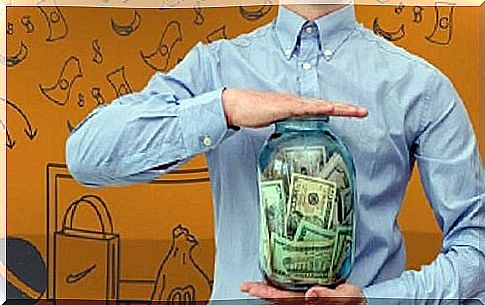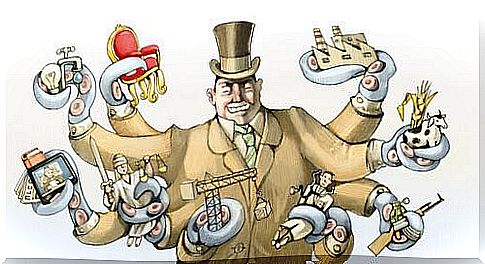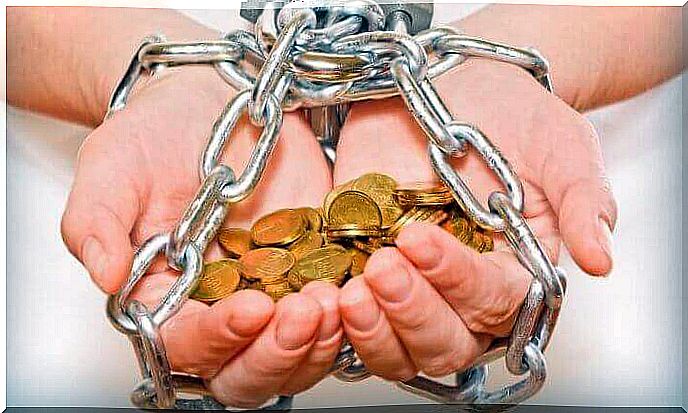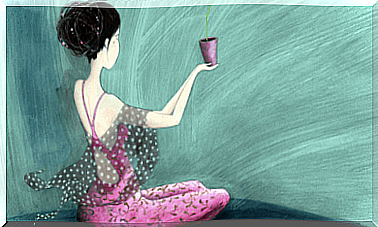Spending More Than You Have: Why?

Money is not just a means of purchase. A huge amount of emotions is born and flourishes around it. Earning more is one of the prerogatives of many people, and spending more than you have is everyone’s dream.
While it may sound sad, buying helps some people cover or compensate for various emotional shortcomings and needs. All this takes place according to an almost imperceptible process, just as the end-of-month bank statement is rather imperceptible, from which it is often clear that you have fallen into the trap of spending more than you have.
The current economy wants people to go into debt for the profit of the most powerful. They induce us to spend more than what we earn by making our purchases as easy as possible.
They force us to spend because they know that by doing so we are “healing” some of our discomforts. Advertising and marketing do everything possible to instill in us the idea that everything that happens to us can be solved by buying. A thought that they do not give us directly, but behind insinuations and suggestions.
Spending more than your means to fill a void
Usually, those who spend more show a lack of stimuli or incentives in their life. Spend to “feel better”. This is because buying unknowingly feeds a feeling of power and control. The market is at our feet and we decide what to buy and what not. The customer decides. It is the customer who is always served with deference. Buying is one of the first opportunities to compensate for our frustrations.

Later, when debt begins, it often continues to buy as it is considered a remedy for one’s ailments.
It is just an excuse to cover up some unresolved pains or some anxieties that do not go away.
It is easier to focus on how to pay your debts than to think that our purchases are due to imprecise and latent reasons. It is easier to live by your bank account than to accept a generalized feeling of dissatisfaction.
The manipulation of spending
There are two psychological realities that make consumers particularly manipulable: fear and guilt. The persuasion mechanisms used by advertising almost always refer to these two emotions. The reported message is indirect. Usually a daily situation is staged in which tranquility and well-being are associated with the consumption of a certain product. It is left to the user to understand what might happen if he does not purchase that product.
But the manipulation techniques are many and varied. In 1977 an experiment was conducted at the University of Cornell (United States) in this regard. One of the participants, who was actually an undercover researcher, showed up with some refreshments to offer to some of them. At the end of the experiment, the infiltrator asked the participants to buy lottery tickets. Those who received the drink bought twice as much as the others.

The experiment was repeated, but with no free drinks. Only a small number of participants bought lottery tickets. This experiment proved that those kindnesses had decisively induced to buy, to spend money. It is the same logic for which, when we go to the supermarket, we find many samples of free products. Just as we happen to receive many gifts in stores. They know that by doing so we will spend more on the next purchase.
The examples in this sense are different. There are branches that specialize in the study of consumer behavior. The system, especially the financial one, needs greedy and indebted people. We are being sold a fantasy of false control and false satisfaction, and we don’t hesitate to buy it.









